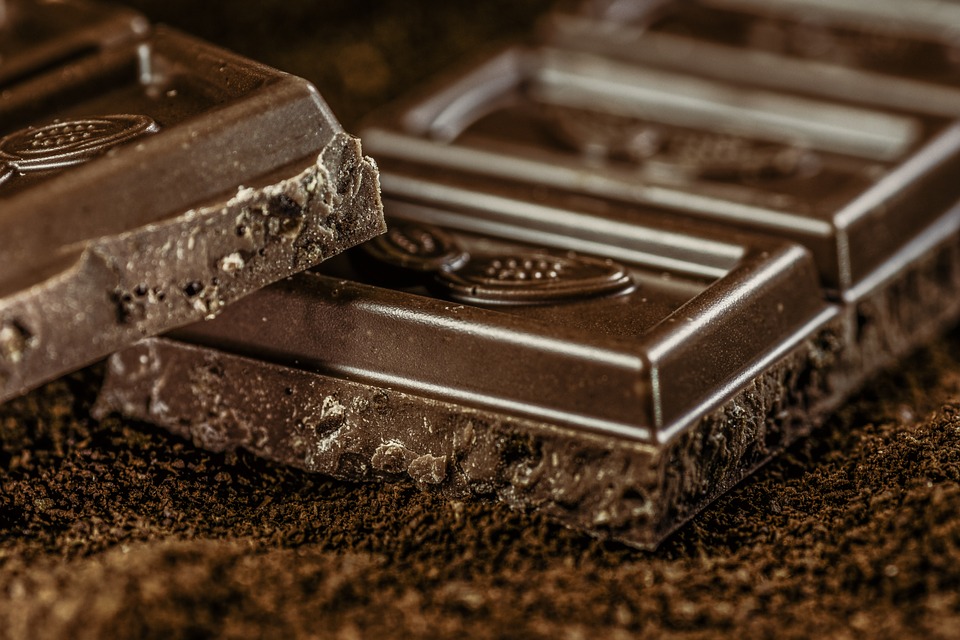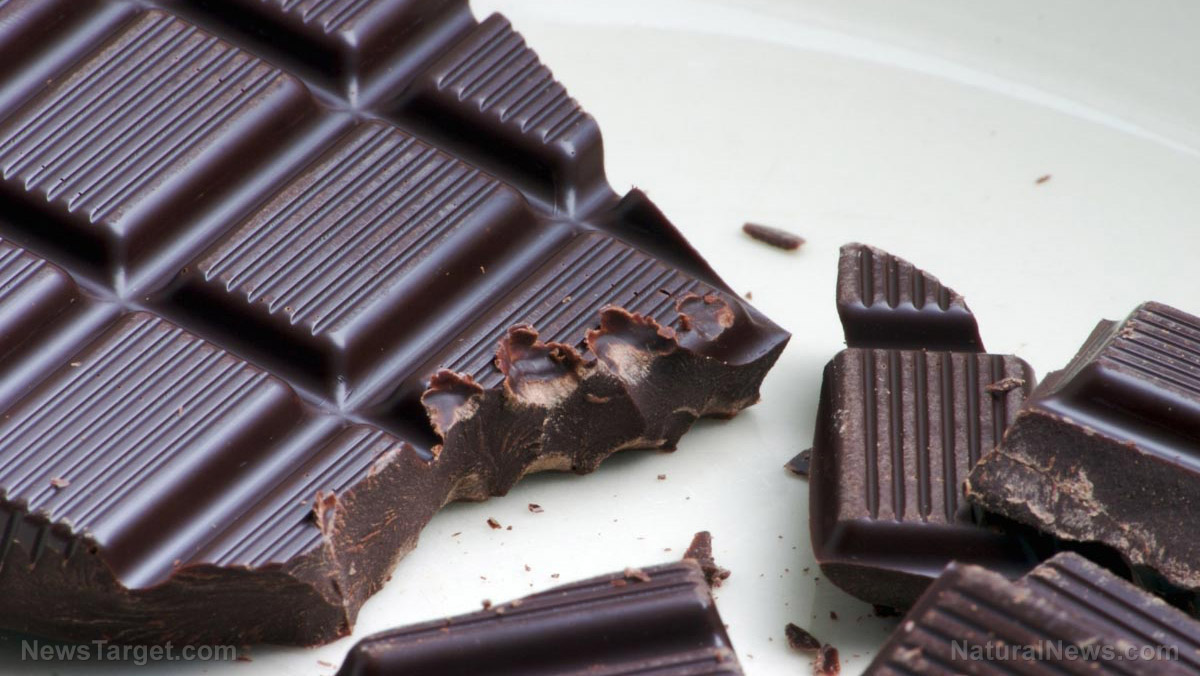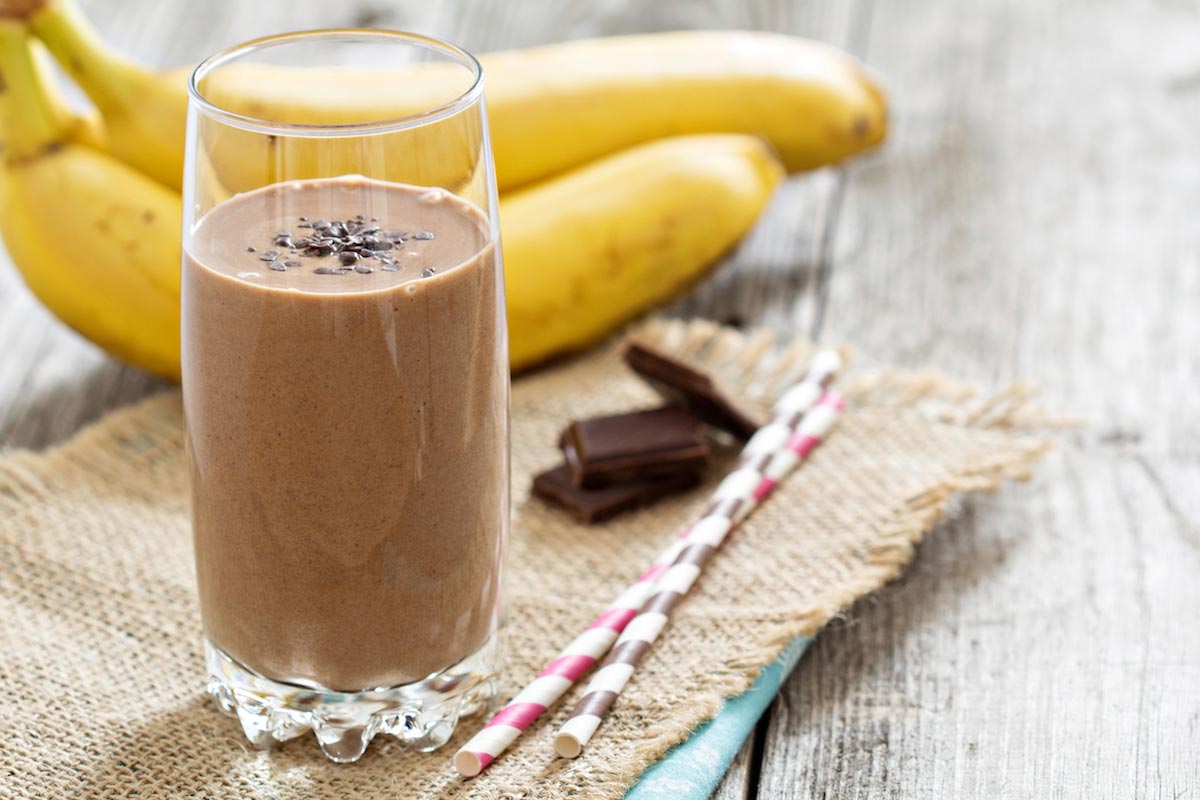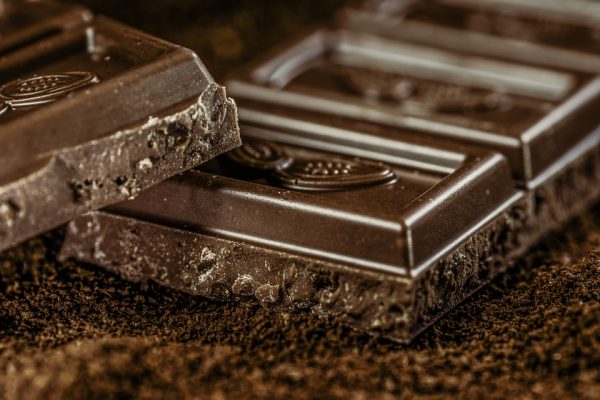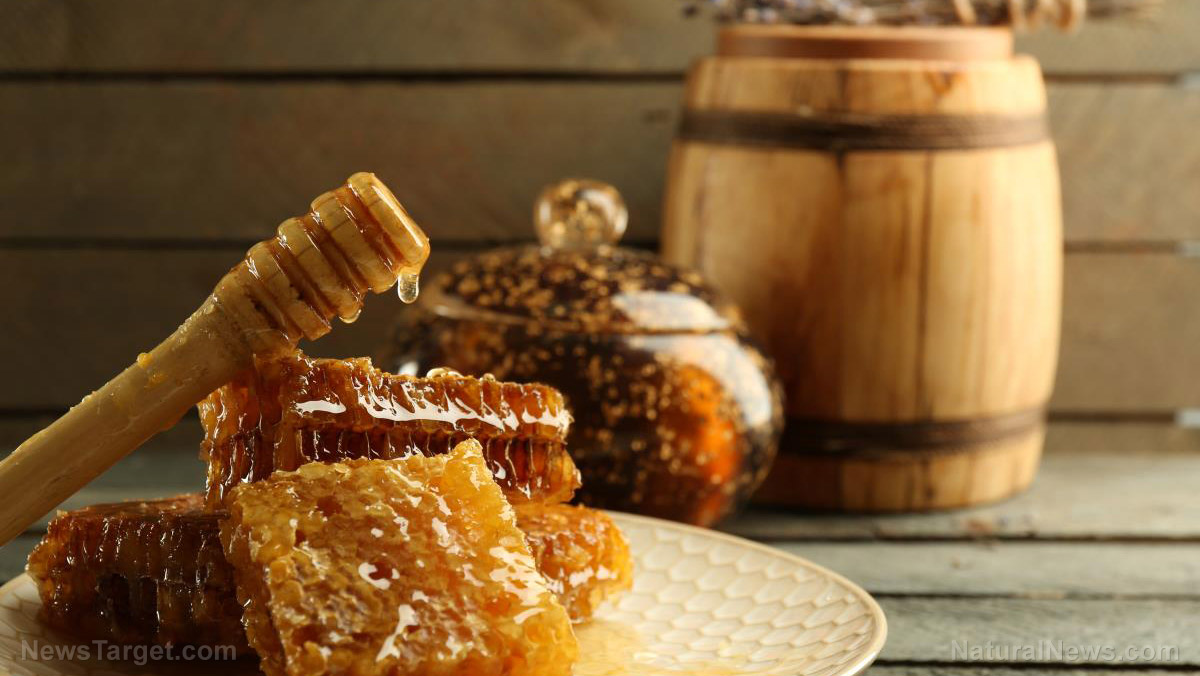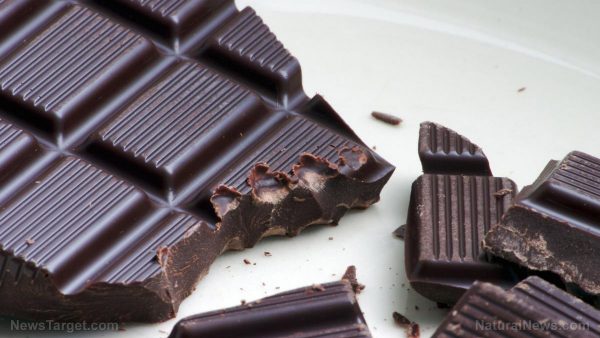Toxic tradition: Birthday cakes can contain toxic ingredients
05/07/2017 / By Frances Bloomfield

Celebrating your birthday with a cake is a beloved tradition that goes back several centuries. If you can’t bake a cake, then you can simply buy one from your favorite bakery or grocery. Birthday cakes these days come in all shapes, sizes, and colors, leaving you spoiled for choice. Nearly all birthday cakes look good, but them being good for you is a whole other matter. Artificial colorants, additives, and preservatives are often added to birthday cakes by manufacturers. This is so that the cakes will have longer shelf lives. But they become full of toxic ingredients in the process.
As reported by Christina England of GreenMedInfo.com, birthday cakes can contain a variety of hidden, dangerous components. There are a number of common ones that you should definitely watch out for:
- Artificial sweeteners – As low-calorie sugar alternatives, artificial sweeteners are supposed to be good for you…supposed to be. In truth, there’s a lot to be wary of when you see a cake that’s been made with these ingredients. For one, continued use of artificial sweeteners has been linked to obesity, diabetes, and even cancer. Another worrying fact about artificial sweeteners is that some are made from genetically-modified crops, specifically, corn, soy, and sugar beets. A majority of these crops grown on American soil are genetically-altered to resist pesticides like glyphosate.
- Aluminum – A commonly-found element in nature, aluminum is also a recurring component in a lot of everyday food products. Certain brands of cake powder, cheese, chocolate mixes, and self-rising flour are said to contain aluminum compounds. Though relatively harmless in small amounts, aluminum can accumulate in the body from repeated exposure, and many ailments have since been linked to the toxic metal element. Alzheimer’s disease, memory problems, breast cancer, and Parkinson’s disease are a few of conditions that have been associated with aluminum.
- Hydrogenated oils – Cakes and pastries can sometimes last days or even weeks on a display before someone buys them. To extend their shelf lives, manufacturers slip hydrogenated oils into their mixes. The name “hydrogenated oils” might not be familiar to everyone, but their other name, “trans fats”, might be. According to LiveStrong.com, hydrogenated oils should be avoided as much as possible because of the damage they can wreak on the human body. Increasing bad cholesterol while simultaneously decreasing good cholesterol are two of their biggest offenses. (Related: How partially-hydrogenated oils and trans fats destroy your health)
- Propylene glycol – A synthetic substance that, according to the Agency For Toxic Substances & Disease Registry (ATSDR), is toxic. Considering propylene glycol can be found in acrylic paints, floor polish, and sealant paste, it should come as no surprise. Though what is shocking is that the Food and Drug Administration (FDA) has approved this for use in food. They reason that propylene glycol alginate can be used as a food additive to thicken, emulsify, and stabilize food. Even though it’s been given a thumbs up by the FDA, that doesn’t change the fact that propylene glycol has a wide array of industrial uses. Would anyone really want to eat a birthday cake made with an ingredient that can be found in antifreeze?
How to avoid these ingredients
In an article for 100DaysOfRealFood.com, food writer and food industry critic Vana Hari suggests asking these five questions before you plunk down cash for your cake:
- What ingredients do you use to make your cakes?
- Do you use any artificial colors in your cakes?
- Do your cakes contain any partially hydrogenated oils?
- Do you use any preservatives (like propylene glycol) in your cake?
- What kind of flour do you use?
Curiosity is your best friend in this situation. Read up on more healthy and unhealthy food products by visiting Ingredients.news.
Sources include:
Tagged Under: Cake, food, food safety, health, toxic chemicals, toxic ingredients

